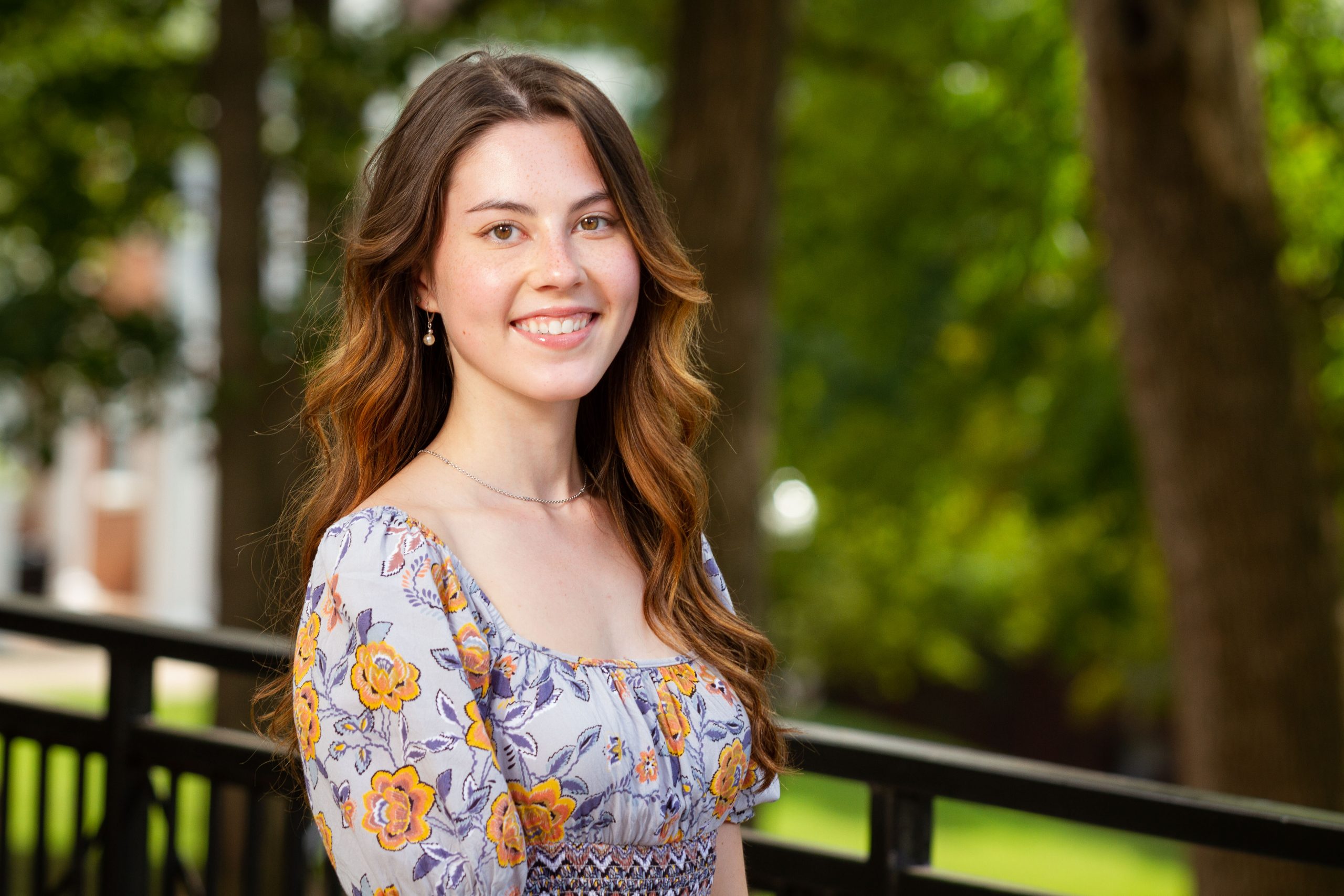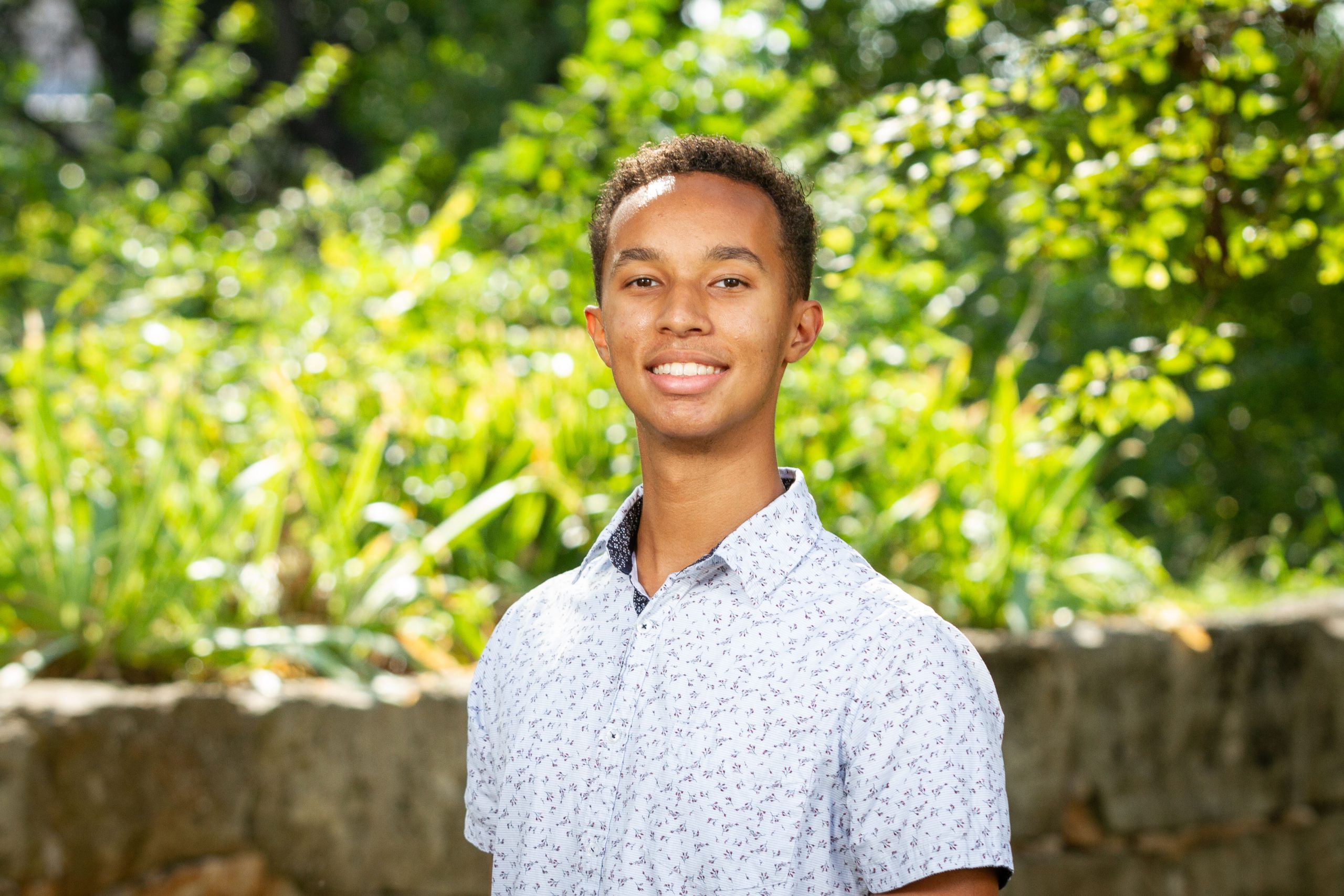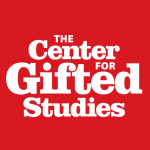Finding Ada, Creating Pathways for Young Women in STEM
October 7, 2011 | STEM Discussions | No Comments
[fblike]
We like to celebrate a variety of weird and nerdy “holidays” here at the Gatton Academy. From Pi Day to Mole Day and a host of minor celebrations in between, these moments present an opportunity to remind students about why STEM (science, technology, engineering, and mathematics) is such an exciting field. Today marks the day of which I’m the most fond: Ada Lovelace Day. More than celebrating a number or measurement, this online event champions the work of women across STEM disciplines by honoring a true innovator who was way ahead of her time.
The Finding Ada website offers this brief summary of Lovelace’s life and work:
Ada Lovelace is widely held to have been the first computer programmer. Close friends with inventor Charle Babbage, Lovelace was intrigued by his Analytical Engine and in 1842, she translated a description of it by italian mathematician Luigi Menabrea. Babbage asked her to expand the article, “as she understood [it] so well”, and this was when she wrote several early ‘computer programs’. Ada Lovelace died of cancer at 36, her potential tragically unfulfilled.
Few were able to grasp the concepts Babbage pitched, but that didn’t stop Ada from testing the boundaries of thought. More important–as you can see in the sentiment below–was her realization of the continual progress of science, the promise of future realization, and the simple fact that others would someday take up her work:
“Even in the utilitarian aspect, however, we do not doubt that very valuable practical results would be developed by the extended faculties of the Analytical Engine; some of which results we think we could now hint at, had we the space; and others, which it may not yet be possible to foresee, but which would be brought forth by the daily increasing requirements of science, and by a more intimate practical acquaintance with the powers of the engine, were it in actual existence.”
We’re certainly proud to do our part in the effort to train a new generation of young women who will be innovators, thought-leaders, and key players in the scientific discussions that will shape this young century. Recent graduates like Sarah and Clarice are already making their mark. (I could easily fill this post with the great research and accomplishments of many of our female students.) The Gatton Academy is also fortunate to have numerous female faculty members in Ogden College of Science and Engineering at Western Kentucky University who educate and inspire our students. Programs on campus like Women in Science and Engineering and SKyTeach are doing great work with young women as well.
We’re not the only group in Kentucky who seeks to inspire young women. Today is also a great day to talk about the Kentucky Girls STEM Collaborative. In 2009, Kentucky Educational Television aired a panel discussion that included several Kentucky Girls STEM Collaborative members outlining the importance of encouraging participation in STEM career paths, highlighting challenges to STEM engagement, and providing an overview of Collaborative services and goals. Participants reviewed factors that hinder girls’ involvement and success in STEM subject, including a lack of role models and the perception that smart girls are not socially successful. Panelists also outlined Kentucky Girls STEM Collaborative specific services, short- and long-term goals, financial aid available to Kentucky girls interested in the sciences, parents’ and teachers’ roles in the initiative, and much more. You can view the episode of Connections with Renee Shaw on the KET website.
There are other ways to get young women excited about learning. The culture blog The Mary Sue offers their review of the new book Geek Girls Unite. While tech geeks are somewhat of an afterthought, the book does remind girls that one should take pride in their interests. She’s Such a Geek is also a fun collection of essays in which women “write about science, technology, and other nerdy stuff.”
Earlier this week, Boing Boing spotlighted an intriguing manga and novel series making the move from Japan to the US titled Math Girls (you can preview the forthcoming book here [PDF Link]). Publisher Bento Books offers their take on what makes the book so exciting:
“Math Girls” is a very unique book, a young adult novel that is both a teen romance and an introduction to higher mathematics. There isn’t much out there quite like it, but Joe here at Bento Books once summarized it as “like Glee for math nerds,” and I think that’s a pretty apt description. The book covers a wide variety of topics in mathematics, from basics like how letters are assigned as variable names to quite challenging problems like finding a general term for the sequence of integer partition numbers. The book is currently in its eighteenth printing in Japan, and has been one of the top 5 general interest mathematics books on amazon.co.jp since its original release in 2007.
XKCD, with their always thoughtful and acerbic wit, offer a bit of advice from Zombie Marie Curie about pursuing science and math not for the purpose of becoming the “next Marie Curie.” Instead, do it for the following reason:
You don’t become great by trying to be great. You become great by wanting to do something, and then doing it so hard that you become great in the process.
So… how can you celebrate today? Celebrate the legacy of Ada Lovelace and thousands of women who have provided inspiration and innovation in STEM by saying thank you to a teacher who sparked your interest in science. Write a blog post about a lady scientist who is doing amazing work. Tell people with pride that you love science and math! You can even wear that pride with a t-shirt, the image of which it at the top of this post.
Most of all, celebrate by doing.




